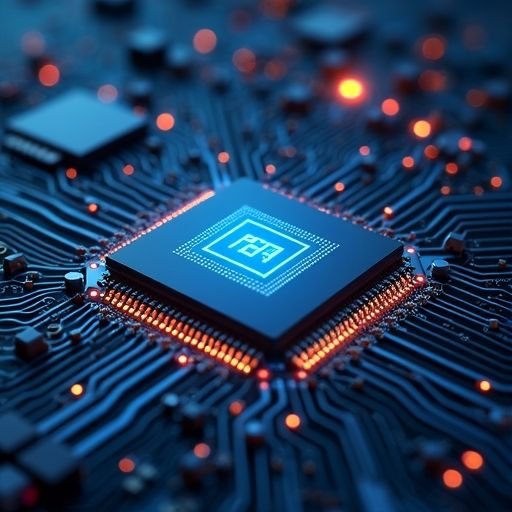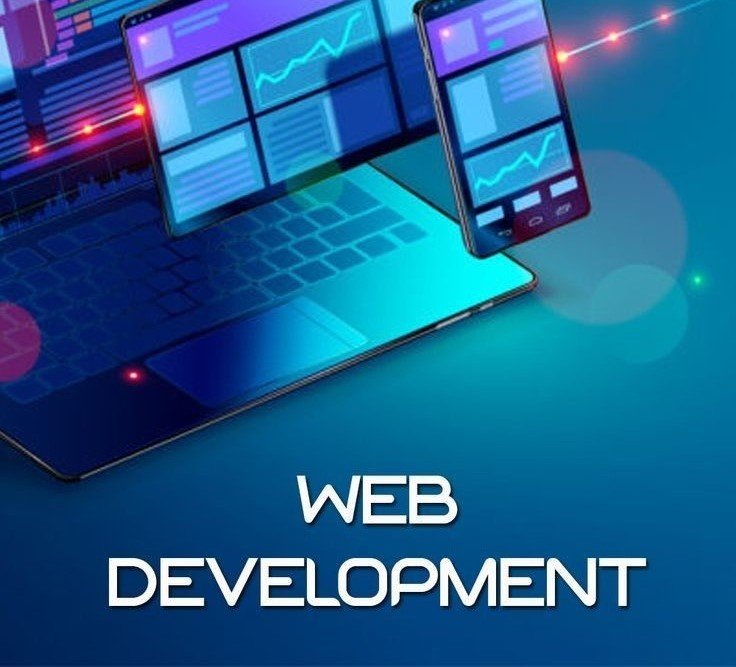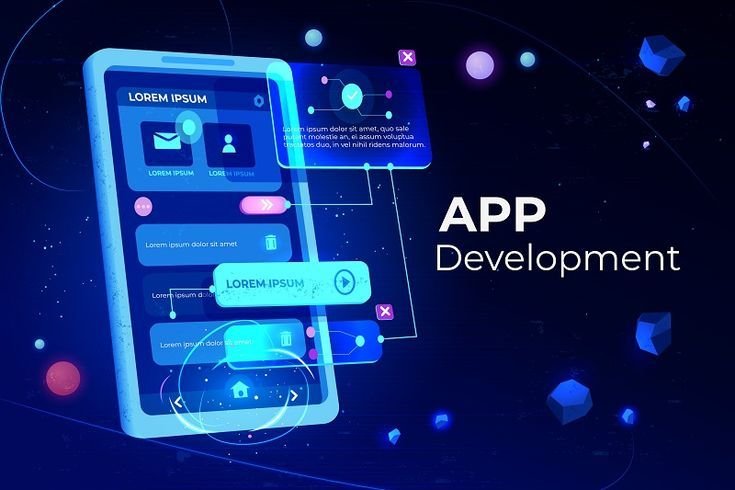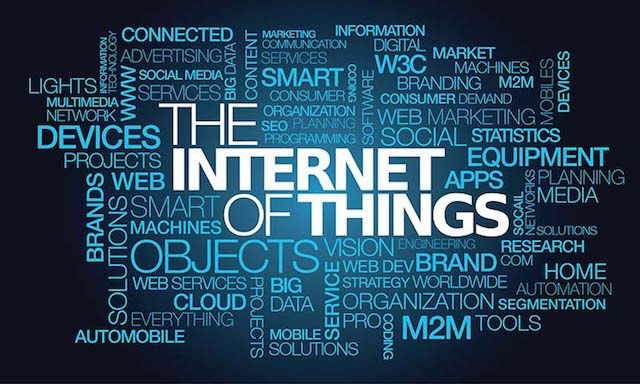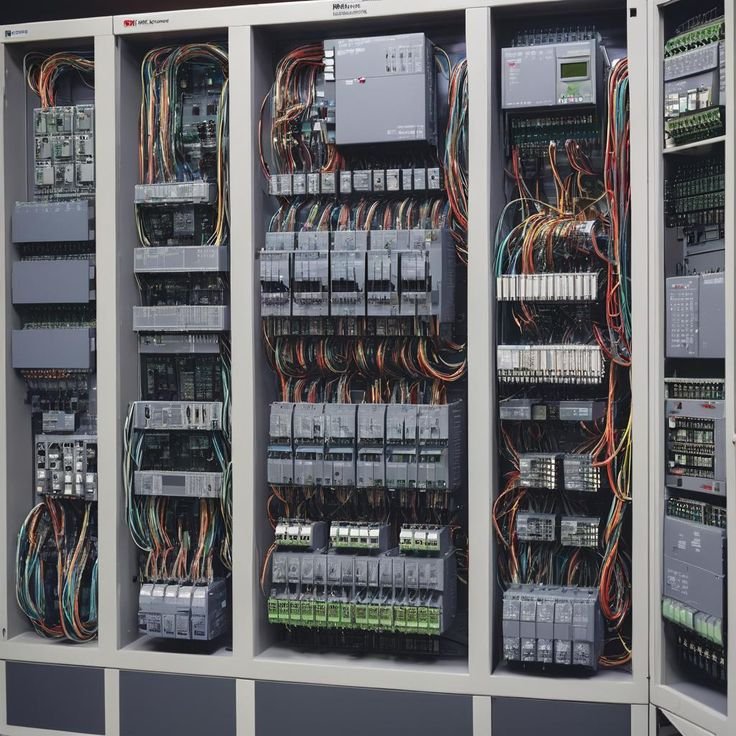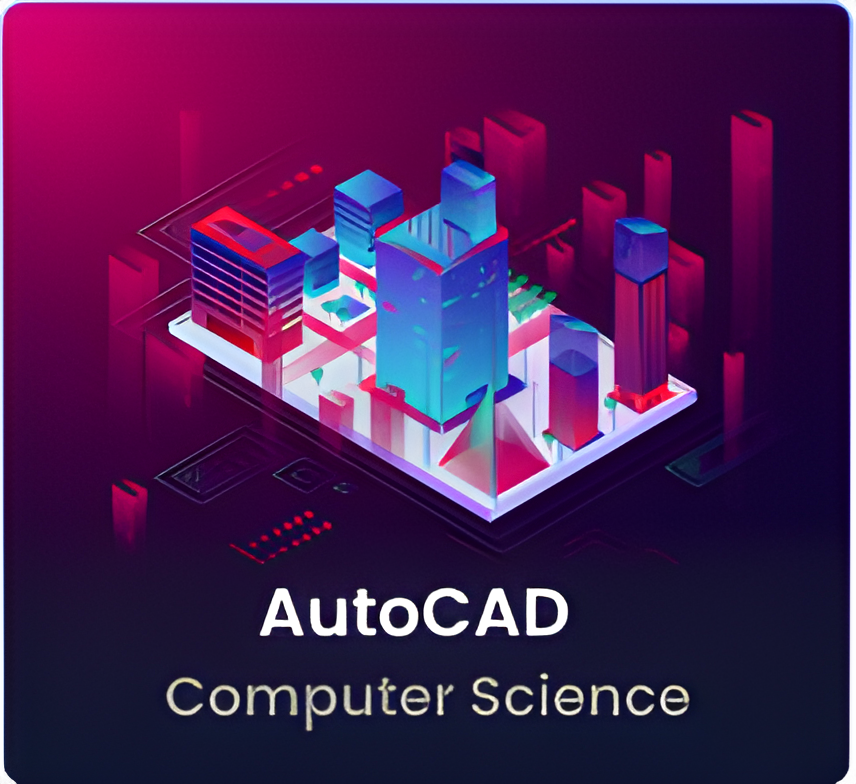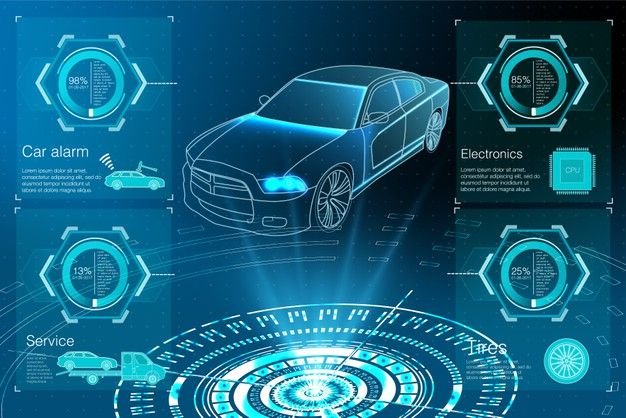Embedded Systems Training
Last Update
Jan,01 1970Category
ECE/ EEEDescription
Module 1: Introduction to Embedded Systems
-
Definition and characteristics
-
Components: microcontrollers, sensors, actuators, memory
-
Embedded vs general-purpose computing
-
Real-time systems and constraints
Module 2: Microcontrollers and Architecture
-
Overview of popular microcontrollers (8051, ARM Cortex, PIC, AVR)
-
Microcontroller architecture and peripherals
-
CPU, memory organization, registers, buses
-
Interrupts and timers basics
Module 3: Embedded C Programming
-
Introduction to Embedded C language
-
Data types, operators, and control statements
-
Functions and pointers
-
Memory management and optimization techniques
Module 4: Interfacing and Peripherals
-
GPIO interfacing
-
ADC/DAC converters
-
Serial communication protocols: UART, SPI, I2C
-
Interfacing sensors, LCDs, motors
Module 5: Real-Time Operating Systems (RTOS)
-
Concepts of multitasking and scheduling
-
Task management and synchronization
-
Common RTOS: FreeRTOS, RTX
-
Writing RTOS-based applications
Module 6: Embedded System Design and Development Tools
-
IDEs and toolchains (Keil, MPLAB, Arduino IDE)
-
Debugging and simulation techniques
-
Hardware prototyping with development boards
-
Version control and code management
Module 7: Embedded Linux Basics (Optional/Advanced)
-
Introduction to Embedded Linux
-
Cross-compilation and kernel modules
-
Device drivers overview
-
Filesystem and bootloaders
Module 8: Testing, Debugging, and Optimization
-
Embedded system testing methodologies
-
Debugging tools (JTAG, oscilloscopes, logic analyzers)
-
Power management and low-power design
-
Code optimization and memory footprint reduction
Module 9: Final Project Development
-
Designing and building a complete embedded system
-
From requirement analysis to deployment
-
Documentation and presentation
Requirements
What are Embedded Systems?
Embedded Systems are specialized computing systems designed to perform dedicated functions within larger mechanical or electrical systems. They combine hardware and software tailored for real-time operations in devices like appliances, automobiles, medical instruments, and industrial machines.
Why Learn Embedded Systems?
-
Core technology behind IoT, robotics, automotive, aerospace, and consumer electronics
-
High demand for engineers skilled in firmware and hardware integration
-
Enables control and automation in real-world applications
-
Foundation for careers in embedded software development, firmware engineering, and system design
Curriculum
-
LevelAdvanced Level
-
Lectures10 Lectures
-
Duration15/30m
-
CategoryECE/ EEE
-
LanguageEnglish
-
CertificateYes
.jpg)
